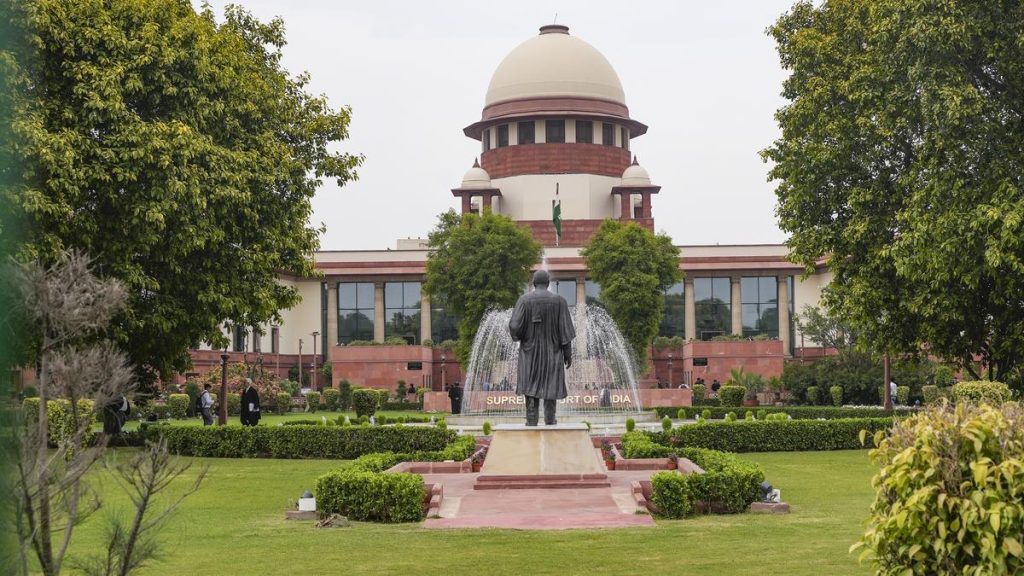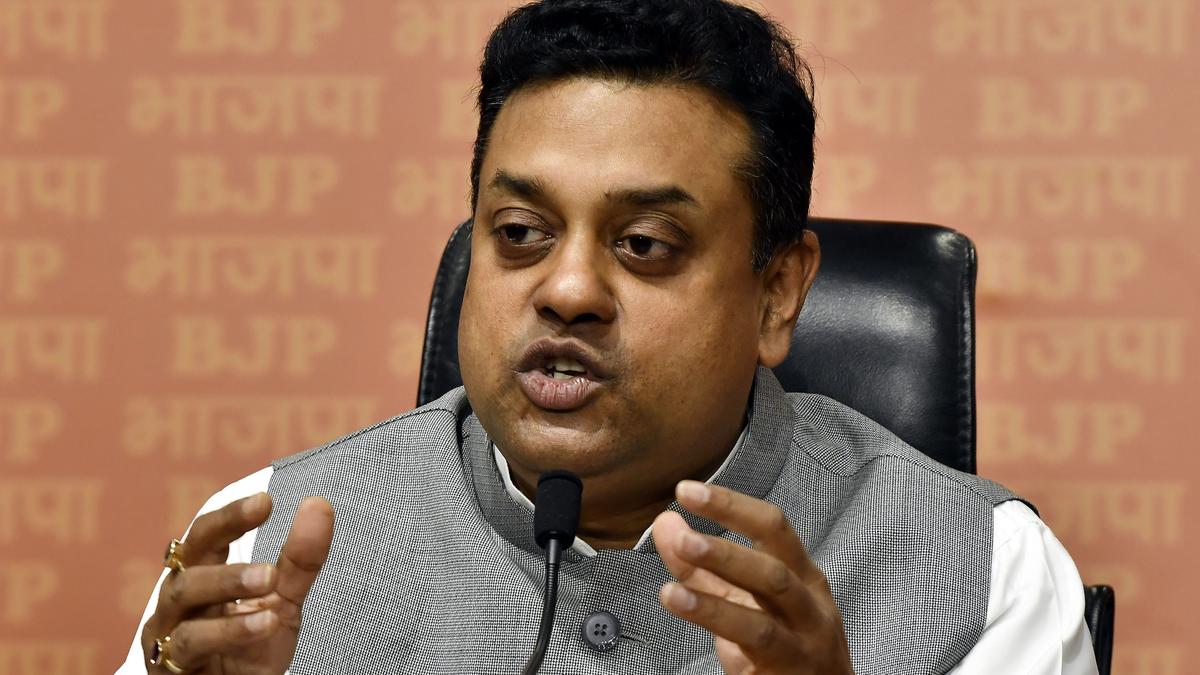Now Reading: Next-Gen GST Regime to Boost MSMEs, Karnataka Trade Bodies Assert
-
01
Next-Gen GST Regime to Boost MSMEs, Karnataka Trade Bodies Assert
Next-Gen GST Regime to Boost MSMEs, Karnataka Trade Bodies Assert

Quick Summary
- the Union government announced next-generation GST reforms set too take effect on September 22, aimed at benefiting Micro, Small and Medium Enterprises (MSMEs).
- key reform measures include simplified registration with automatic approval within 30 days, reduced paperwork, streamlined tax filing, faster refunds, and rationalised tax slabs of 5% and 18%.
- Trade bodies in Karnataka welcomed the changes stating that these reforms will enhance economic momentum and boost MSME growth.
- M.G. balakrishna (FKCCI) highlighted that simplified tax structures would encourage investments and ease compliance for small businesses operating with thin margins.
- B.R. Ganesh Rao (KASSIA) noted that the lower GST burden can spur entrepreneurship in sectors like agriculture,healthcare,and education while raising hopes for further changes about labor charges and taxes on essential goods.
- K. Ravi (BCIC) described the revisions as beneficial for large industries alongside MSMEs by increasing production capacity and improving competitiveness.
Indian Opinion Analysis
The next-generation GST reforms signal a notable move towards simplifying India’s taxation framework with a direct focus on easing burdens faced by MSMEs-the backbone of India’s economy. Rationalising tax slabs into two tiers simplifies compliance considerably but also necessitates precise implementation to avoid potential transitional confusion for businesses accustomed to previous structures.
The measures’ emphasis on automation-like registration approvals within 30 days-aligns well with India’s larger digitisation goals while perhaps reducing bureaucratic hurdles. However, addressing specific industry concerns around residual complexities such as refund timelines or still-high-taxed essential goods will be critical to fully realize the economic uptick envisioned by trade leaders.
If successfully executed across sectors including agriculture, healthcare, education-as suggested-the broader influence on entrepreneurship could help strengthen India’s standing in global manufacturing ecosystems. For Karnataka specifically-a focal point here-the proposed changes seem poised to bolster industrial growth without compromising fiscal responsibility.
Read More: Published – September 04, 2025
























